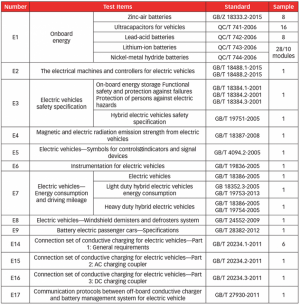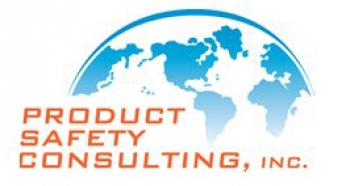CCC Certification by Product Safety Consulting
Recent Changes Expand CCC Testing Requirements
The passenger automotive vehicle market is growing rapidly in China. It is important for the automotive industry and automotive component manufacturers to understand how these changes affect their products.
Obtaining CCC Certification for automotive components and automobiles is a complicated process not unlike the processes of obtaining safety certifications for other products. Samples are required to be tested by China's Certification and Accreditation Administration (CNCA) approved laboratory. Sending product samples ahead of time to a CNCA-approved lab can speed up the approval process for non-Chinese manufacturers. Quality control systems are also inspected during initial factory visits to gauge product consistency.
Fifteen new regulations applicable to automotive CCC products were in effect for January 1, 2015 and they include: Children's safety seats, Rear view cameras and monitoring devices, Interior trimming materials, seat belts, and Passenger car tires.
Vehicles to be sold in China must be listed on the website of China's Ministry of Industry and Information Technology (MIIT). This is a mandatory listing for all components and vehicles. Manufacturers must submit an application for listing with MIIT-agencies to comply with this requirement. If the report shows compliance with all applicable requirements it will be listed on the MIIT website. A separate factory inspection is not needed in these cases.

When standards are updated manufacturers are required to conduct additional testing or retests to meet the new standard parameters. Recently updated categories include standards for electricl controllers and motors and zinc-air batteries.
New energy cars, hybrids and electric vehicles (EV) are not yet common in China but in time they will be. The ramped up production of EVs has electrical companies working with governemnt agencies to establish applicable safety standards. Voluntary certification regulations for batteries, chargers and charging stations have been issued by the certification body (CQC or CCAP). The MIIT has also issueda required testing list for new EVs and EV components, noted below.
Obtaining CCC Certifications present unique challenges to manufacturers and can be confusing. Let Product Safety Consulting help navigate the foreign terrain and assist with the CCC Certification process.





